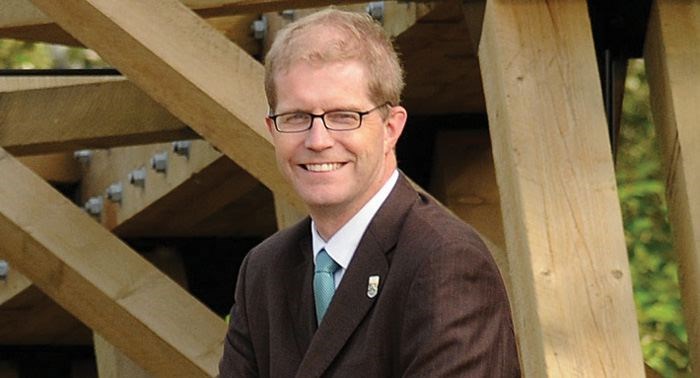The start of the new federal government infrastructure funding program is a few weeks from beginning but there are still some major gaps to be filled, said Prince George's representative to the Federation of Canadian Municipalities.
"The problem is it looks really, really good but there's three weeks left and we're still uncertain on pretty key things," said Coun. Garth Frizzell, who attended the FCM's board of directors meeting in Thunder Bay, Ont., last week.
The local government group, representing more than 2,000 communities across Canada, lobbied the government heavily for the renewal of infrastructure money, set to expire after seven years at the end of this month.
The federal government's new plan begins April 1 with a now-permanent and indexed Gas Tax Fund and a $14 billion Build Canada Fund with national infrastructure and provincial-territorial infrastructure components. It also has a dedicated pot for communities, such as Prince George, with populations of less than 100,000.
However at this point, rules and eligibility requirements are still unclear, said Frizzell, who added his voice to fellow FCM board members calling for the federal government to work with local leaders to address flaws in the plan.
"The problem is, they did great outreach for the Gas Tax Fund. So they did consultation all across Canada - it was a really good system," Frizzell said, adding that level of consultation wasn't there for the Build Canada Fund.
Under the new rules, local road projects are no longer eligible under the Build Canada Fund, only the Gas Tax Fund. And municipalities can no longer use those Gas Tax monies towards their third of the costs of projects funded in partnership with the provincial and federal governments.
"And I understand why you don't stack, I understand that, but we didn't find out about that until just about a month before the programs are going into effect, a month before the old programs are gone," Frizzell said. "So there wasn't the consultation we'd hoped for and the programs didn't look the way we wanted them to."
In addition to discussions about the infrastructure funding, the FCM board was also focused on affordable housing issues during their four-day meeting.
The group has been calling for a strategy to address the rising costs of housing, the scarcity of rental housing and for the renewal of federal money for affordable housing. In the next five years, $500 million worth of annual federal housing subsidies are set to expire.


